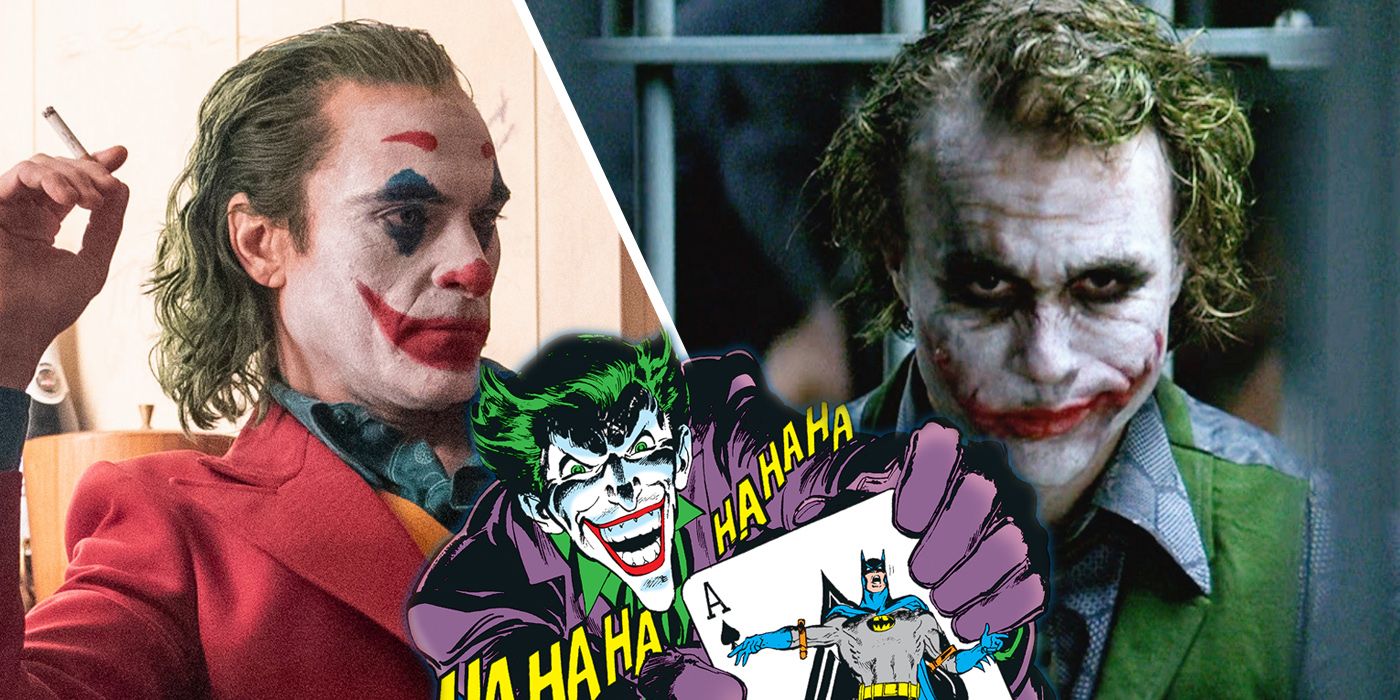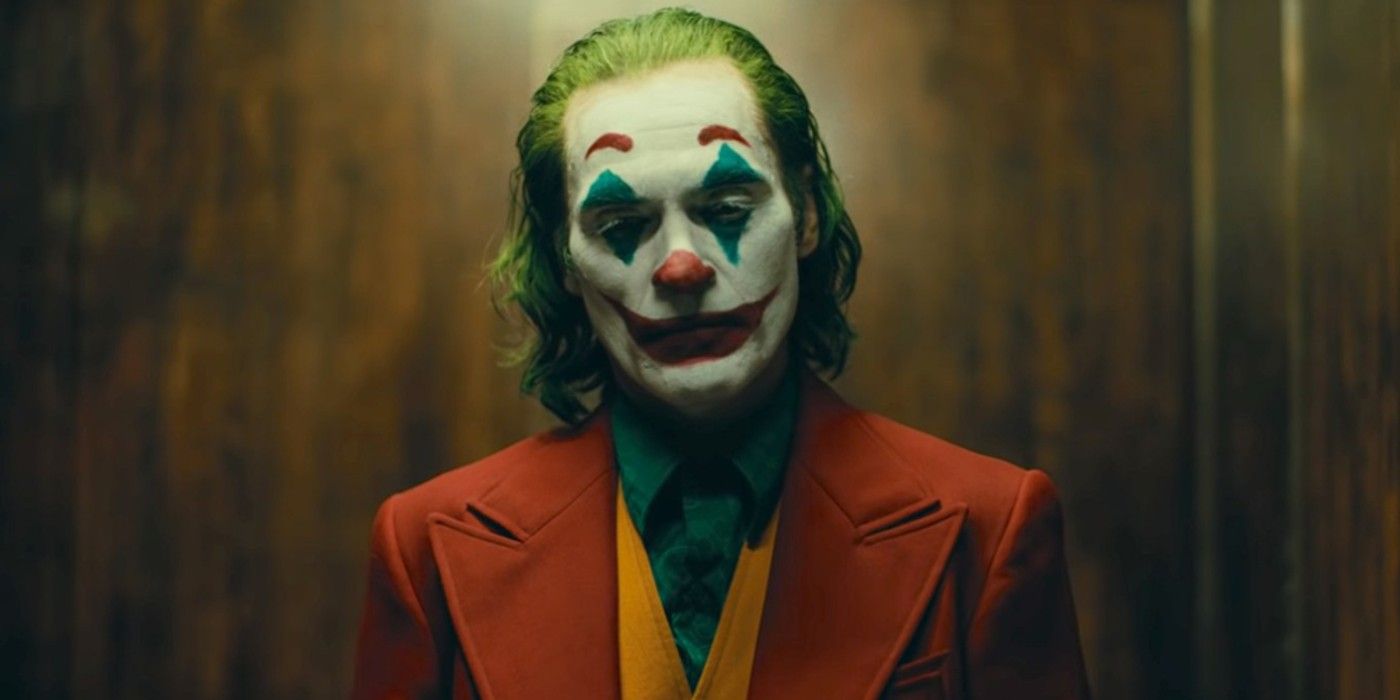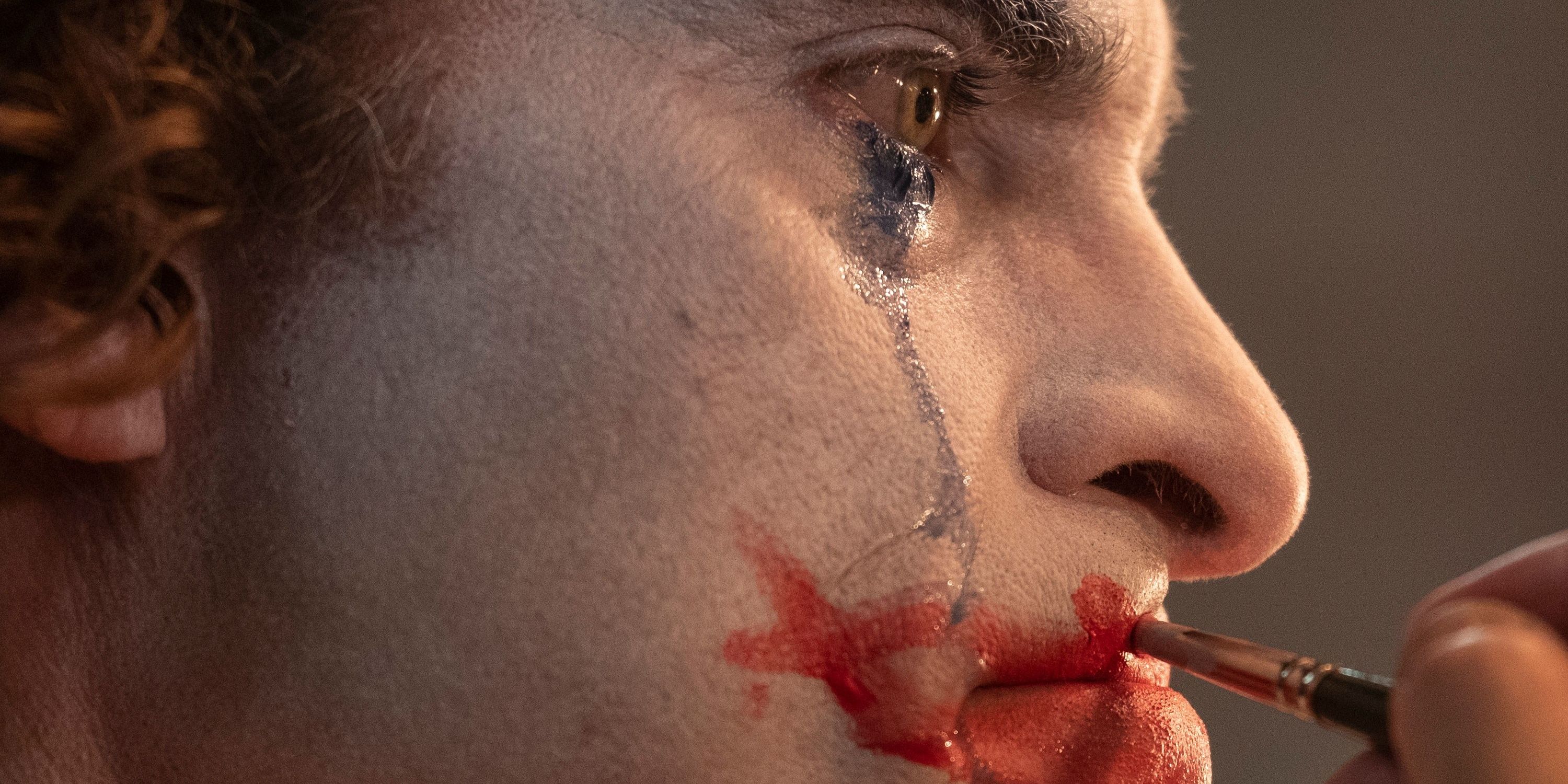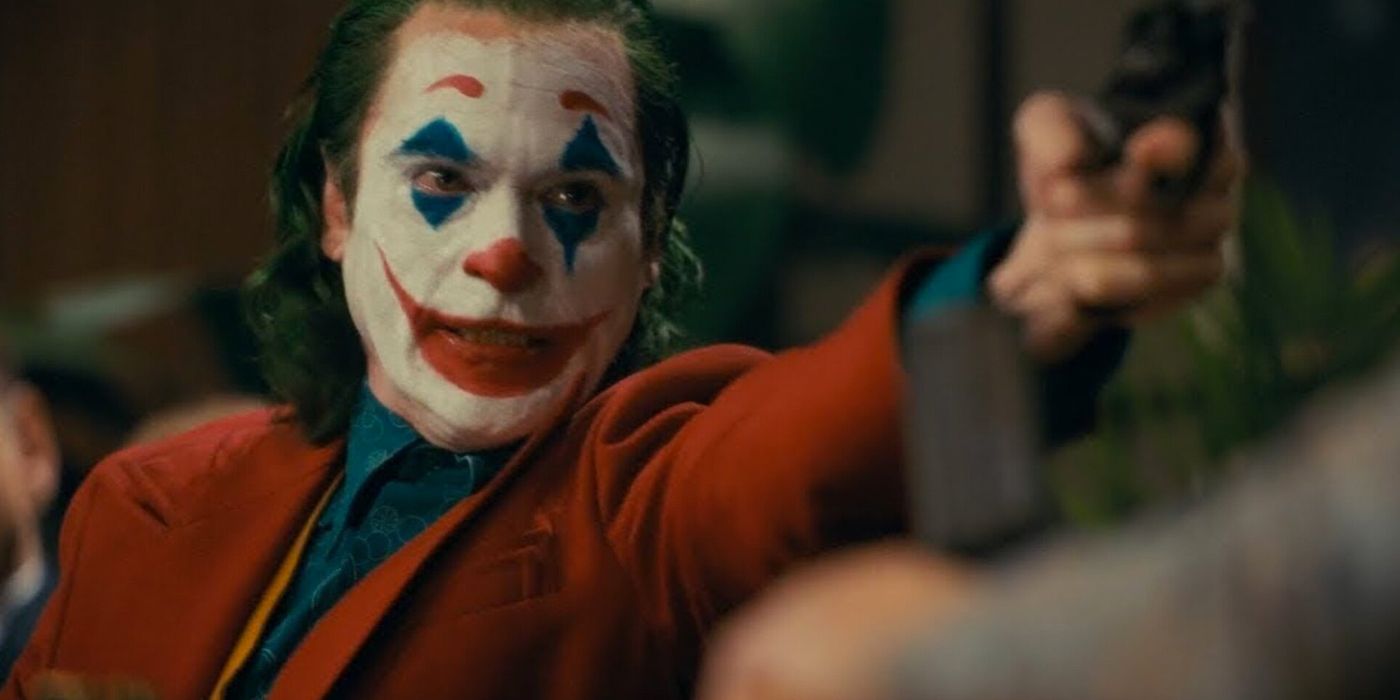Todd Phillips' Joker has been heralded as one of the greatest comic book movies ever made, but fans are still questioning whether or not Arthur Fleck is the real Joker. In fact, the film's ending is intentionally ambiguous, leaving room for doubt. Adding to the confusion are director Todd Phillips' comments regarding Joker's relationship to the upcoming The Batman. All this contradictory information makes it difficult for fans to decipher the truth of Arthur Fleck's identity.
Is Arthur Fleck not the real Joker? A theory like this could potentially change the way audiences interpret Joker and any subsequent films to come. It puts into question the validity of everything Phillips has presented moviegoers, from whether Arthur Fleck is merely an inspiration for the true Joker to the entire film being a figment of Arthur’s imagination.
The biggest issue with this portrayal of Arthur Fleck is that he doesn’t seem capable of the Joker’s infamous life of crime, as seen in the comics and other movies. The award-winning Joker presents a deeply-broken man, who seems to lack the leadership and foresight necessary to run a criminal organization. On the other hand, Arthur Fleck could still develop those skills on his journey to becoming the Clown Prince of Crime. Since there have been so many versions of the Joker that follow a similar path to one another, there remains some uncertainty whether Phoenix's version of the Joker is the real one, or merely the inspiration for a future iteration of the character in a sequel.
Arthur Fleck Doesn’t Match Any Previous Depictions of the Joker
In DC Comics, the Joker is a criminal mastermind. Sowing chaos with his ingenuity and sharp intellect, he is an expert in chemical engineering, making specialty poisons and other creative-yet-lethal weaponry. Likewise, Heath Ledger’s portrayal of the Joker in The Dark Knight exhibits the character’s calculating nature. This version demonstrates his potential in terms of physical strength, which makes the power dynamic more balanced when compared to Batman and the other criminals around Gotham City. This Joker is able to hold his own in a fight, run around the streets causing mayhem, and generally incite fear in his opponents.
On the other hand, in Joker, Arthur Fleck is portrayed as a man with a deep mental instability that causes him much strife in his everyday life. He is an insecure man who just wants to be accepted but has trouble connecting with the people around him. Compared to his comic-book counterpart, he does not seem to possess that same mental and physical prowess. Consequently, there are times in the film when Arthur is beaten and left in the middle of the street. While Joaquin Phoenix's Arthur has the desire to fight back, he is physically unable to do so. The only correlation that can be seen compared to the other versions of the Joker is that Arthur is capable of extremely violent outbursts as well. He can crescendo from calm and collected to completely unstable in a very short amount of time, and the results are often deadly.
When a character as iconic as Joker gets his story explored, it is unsurprising that people will bring with them a clear set of expectations. Based on the different ways Joker has been portrayed in media, viewers will demand an original perspective that is still faithful to its comic-book sources. That is why when Phillips deviates from the expected narrative, audiences are quick to debate about it.
There is Debate on Whether the Movie Even Takes Place in Real Life
In all comic book and film iterations, Joker resides in the fictional Gotham City. There, he interacts with other characters and plots his crimes — without ever doubting reality, which is the issue with Joker. The film totally blurs the line between Arthur's reality and imagination, such as the scenes of him interacting with his favorite talk show host as part of the audience and dating his neighbor. While they could have been clearly products of Arthur's mind, the way they were presented to the audience feels real and coherent. However, at the end of the film, Arthur is shown in the Arkham mental institution, forcing the audience to consider that perhaps everything in Joker is not real.
Furthermore, fans question where the events in the film actually take place. On one hand, they might just be in Arthur's head: picturing an alternate life for him in the future, while on the other, they might be his memories, vividly remembered even after an unspecified amount of time. Either way, this only proves how much more mentally disturbed Arthur is compared to what has been established previously.
Todd Phillips and Joaquin Phoenix Aren’t Making Things Any Easier
In an interview with the Los Angeles Times, director Todd Phillips was asked whether his version of the Joker was the real deal or not. Expecting to get a concrete answer once and for all, fans received only more confusion. Phillips, who has been vocal about Martin Scorsese's influence on him, states, “Maybe Joaquin’s character inspired the Joker. You really don’t know.” On the other hand though, Joaquin Phoenix was asked the same question, saying, “I mean, to me, yes, he is.”
Ultimately, however, the ambiguity is what makes it fun. The origin of the Joker has always been steeped in mystery, which makes his character all the more intriguing. No one can really pin down where he came from and how his persona came about. The Dark Knight version of the Joker plays with this concept, giving three different explanations for how he got his scars. It seems that Todd Phillips continues to play with that idea in Joker's ending by making it difficult to differentiate fact from fiction. In the end, there is no right or wrong answer here— only mystery, which incidentally fits the Joker perfectly.




